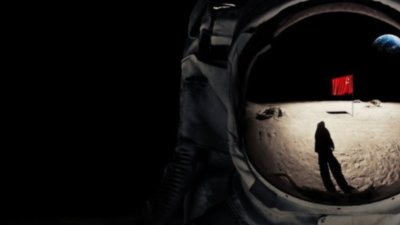Inside look at $4.5B Nortel auction reveals battle of wills between Apple, Google [u]
According to people with knowledge of the situation, the auction saw last minute allegiances and alignments over four days of intense bidding that drove the cost up to more than three times the price expected by some analysts, Reuters reported on Friday.
The auction started with five parties, including two consortiums: Apple, Intel, Google, a consortium of Ericsson, Research in Motion, Microsoft, Sony and EMC, and a group led by defensive patent purchasing firm RPX.
Sources said Intel started the bidding on Monday with a $1.5 billion bid. The RPX consortium, which included Chinese handset maker Huawei, dropped out after the first round of the auction. RPX reportedly sought to partner with another company after withdrawing from the auction, but was unable to broker a deal.
"It did become clear to us very quickly that this was something that a bunch of big companies with humongous balance sheets had decided was strategic for them," RPX Chief Executive John Amster said. "Clearly at a price at this level it had to be strategic, and they could afford that."
On Tuesday night, the Ericsson consortium stopped bidding, eventually joining up with Apple. "When people drop out, you try to partner people," a source told the publication. "It is pretty common in auctions because you are trying to get together people who have reached their individual limits and they still have interest in the assets."
Intel backed out on Wednesday, prompting "heated negotiations" over the next 24 hours as each remaining party tried to convince the chipmaker to join them. The company eventually chose to team up with Google.
According to sources, the Apple-led consortium went by the name "Rockstar," while Google's side called itself "Ranger." Adding to the drama was the fact that Apple and Google hold some of the largest cash reserves in the industry, with war chests estimated at $66 billion and $37 billion, respectively.
"Then it was fast and furious $100 million allotments until they got to $3 billion, at which point Google asked for permission to bid more," a source said. "They bid through $4 billion and tapped out," conceding the patents to the "Rockstar" team, who placed a winning bid of $4.5 billion.
The search giant declined to comment when contacted by the publication, though it did call the auction results "disappointing." Google had hoped to substantially expand its patent holdings, which are smaller than the portfolios of older, more established technology giants like Apple and Microsoft, through the auction.
"Following a very robust auction, we are pleased at the outcome of the auction of this extensive patent portfolio" George Riedel, Nortel's Chief Strategy Officer and President of Business Units, said in a statement after the conclusion of the auction. "The size and dollar value for this transaction is unprecedented, as was the significant interest in the portfolio among major companies around the world."
Also worth noting are indications by sources that Google's bids were "mystifyingly precise" and often contained references to mathematics, such as Brun's constant and Meissel-Mertens.
"It was not clear what strategy Google was employing, whether it wanted to confuse rival bidders, intimidate them, or simply express the irreverence that is part and parcel of its corporate persona," the report noted, while one source suggested the company was either "supremely confident" or just bored.
The run-up to the auction had been closely watched, with analysts and legal experts characterizing the the patent trove as a "nuclear arsenal" of intellectual property. U.S. federal agencies scrutinized potential bidders over concerns that the patents could be wielded for anti-competitive moves.
The Department of Justice conducted an antitrust investigation into a $900 million starting bid from Google, ultimately approving the bid. Meanwhile, the FTC looked into whether Apple would use the patents offensively against competitors before granting the company clearance to bid.
Update: I, Cringelyreports that, according to people familiar with the matter, Apple paid $2 billion to for "outright ownership of Nortel’s Long Term Evolution (4G) patents as well as another package of patents supposedly intended to hobble Android." RIM and Ericsson paid $1.1 billion together for a license to the portfolio. In addition, RIM will receive Canadian tax breaks for shouldering some of Nortel's operating losses and could potentially break even on the deal.
Meanwhile, Microsoft and Sony reportedly together put up another $1 billion. Finally, storage maker EMC brokered a side deal for about $400 million that grants the company sole ownership of a subset of the patents.
"At the end of the day this deal isn’t about royalties. It is about trying to kill Android," the report noted.
 Josh Ong
Josh Ong





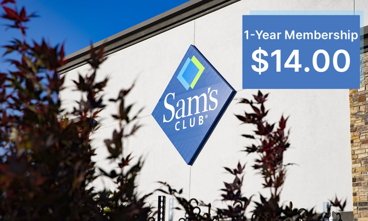




 Malcolm Owen
Malcolm Owen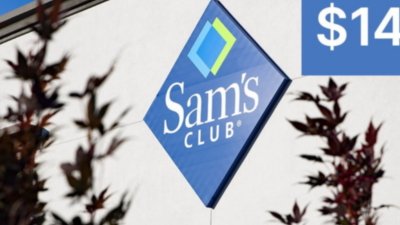
 Christine McKee
Christine McKee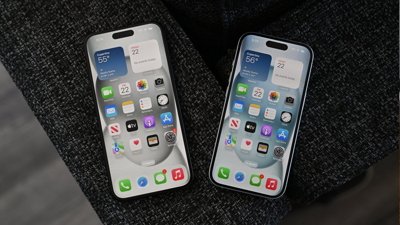

 Amber Neely
Amber Neely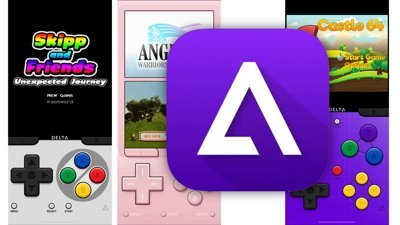
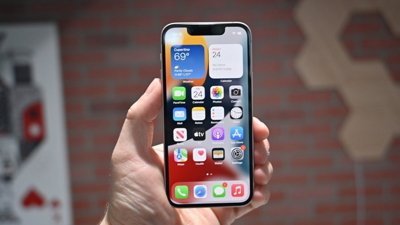
 William Gallagher
William Gallagher